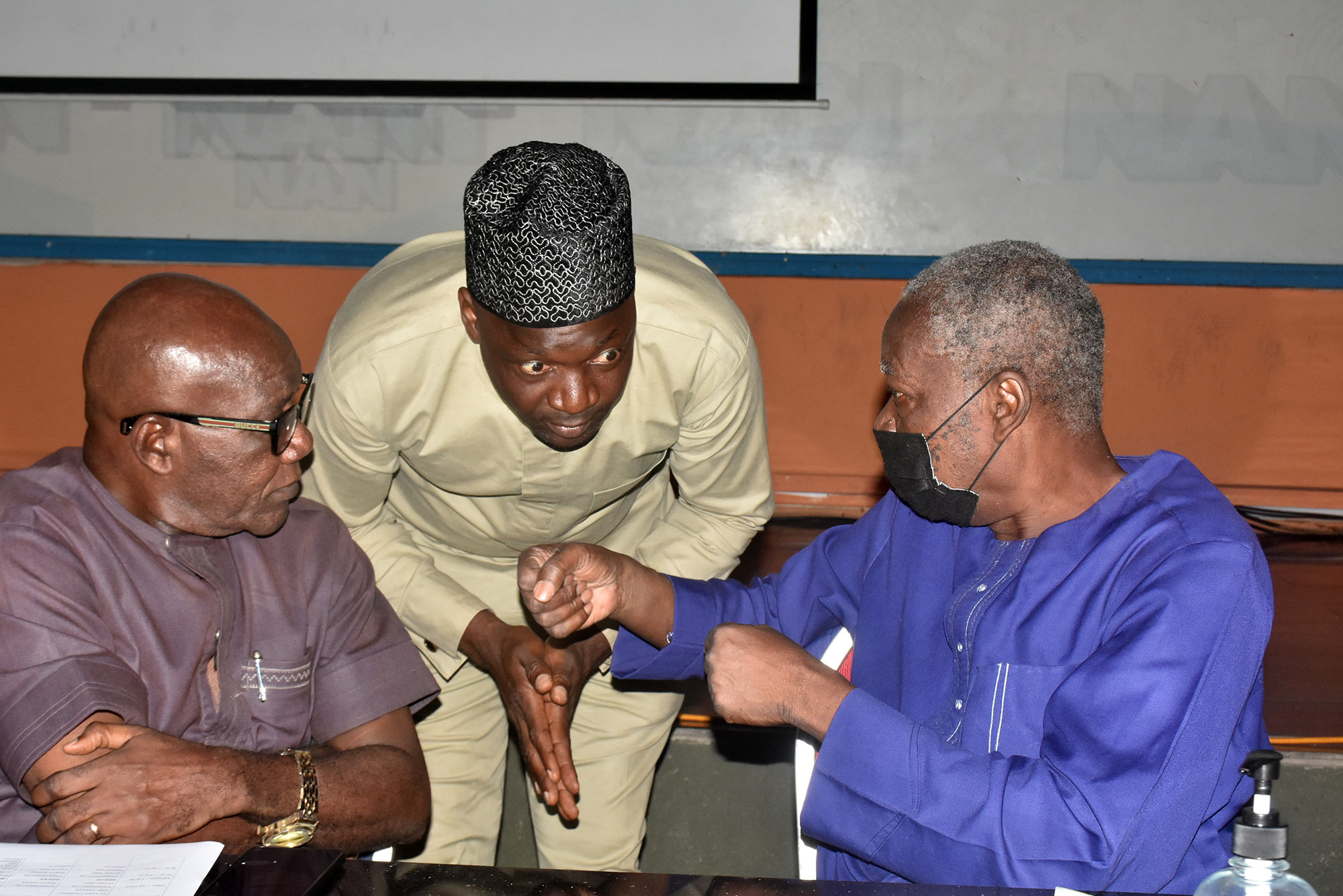Business
SEC Highlights Potentials Of Non-Interest Capital Market

The Securities and Exchange Commission has said that the non-interest capital market has so much potential in the country as it has the prospect of attracting a large pool of untapped investments.
Director General of SEC, Mr Lamido Yuguda, stated this at a joint IFSB/SEC Nigeria Virtual Seminar on Investor Protection and Transparency in Islamic Capital Markets held at the weekend,
He said the level of activity in non-interest (Islamic) capital market that is currently being witnessed in the country affirms the overwhelming acceptance of NICM products by the investing public.
He noted that the market recently witnessed the entrance of institutions offering Islamic capital market services/products and also witnessed the issuances of FGN into the Sukuk market with latest issuance of FGN SUKUK oversubscribed by over 400per cent.
This, he said, further buttressed the need to enhance the SEC’s investor protection mechanism in order to ensure transparency in the market.
The SEC boss said that the knowledge gap that often existed between the market players and investors demanded for more transparency, while the risks faced by investors required reasonable level of protection by the regulator in order to build confidence and trust in the market.
According to him, “Capital markets all over the world thrive on trust, it is believed that enhancement of investor protection and increased transparency will have a multiplier effect on investments and sustainable growth of the economy.
“It is worthy to also note that the 10-year strategic Masterplan (2015- 2025) for the capital market includes a section on NICM that recommends various initiatives aimed at developing this sector. While some of these activities and programmes have been implemented, a lot more work is ongoing to unlock the full potential of non-interest capital market.
“It is a well-known fact that the pandemic has brought about a new normal to the global economies, including the Nigerian capital market, hence this seminar couldn’t have come at a better time.
“The need to promote and increase awareness of investor protection mechanism and transparency requirements are considered essential to engendering investor confidence and trust in the financial system, which is crucial for the growth and development of the market”.
Business
Fidelity Bank To Empower Women With Sustainable Entrepreneurship Skills, HAP2.0
Business
President Tinubu Approves Extension Ban On Raw Shea Nut Export
Business
Crisis Response: EU-project Delivers New Vet. Clinic To Katsina Govt.
-

 News2 days ago
News2 days agoAmend Constitution To Accommodate State Police, Tinubu Tells Senators
-

 Politics2 days ago
Politics2 days agoSenate Urges Tinubu To Sack CAC Boss
-

 News2 days ago
News2 days agoDisu Takes Over As New IGP …Declares Total War On Corruption, Impunity
-
Business2 days ago
President Tinubu Extends Raw Shea Nuts Export Ban To 2027
-
Business2 days ago
Crisis Response: EU-project Delivers New Vet. Clinic To Katsina Govt.
-
Business2 days ago
President Tinubu Approves Extension Ban On Raw Shea Nut Export
-
Sports2 days ago
NDG: Rivers Coach Appeal To NDDC In Talent Discovery
-
Rivers2 days ago
Etche Clan Urges Govt On Chieftaincy Recognition

